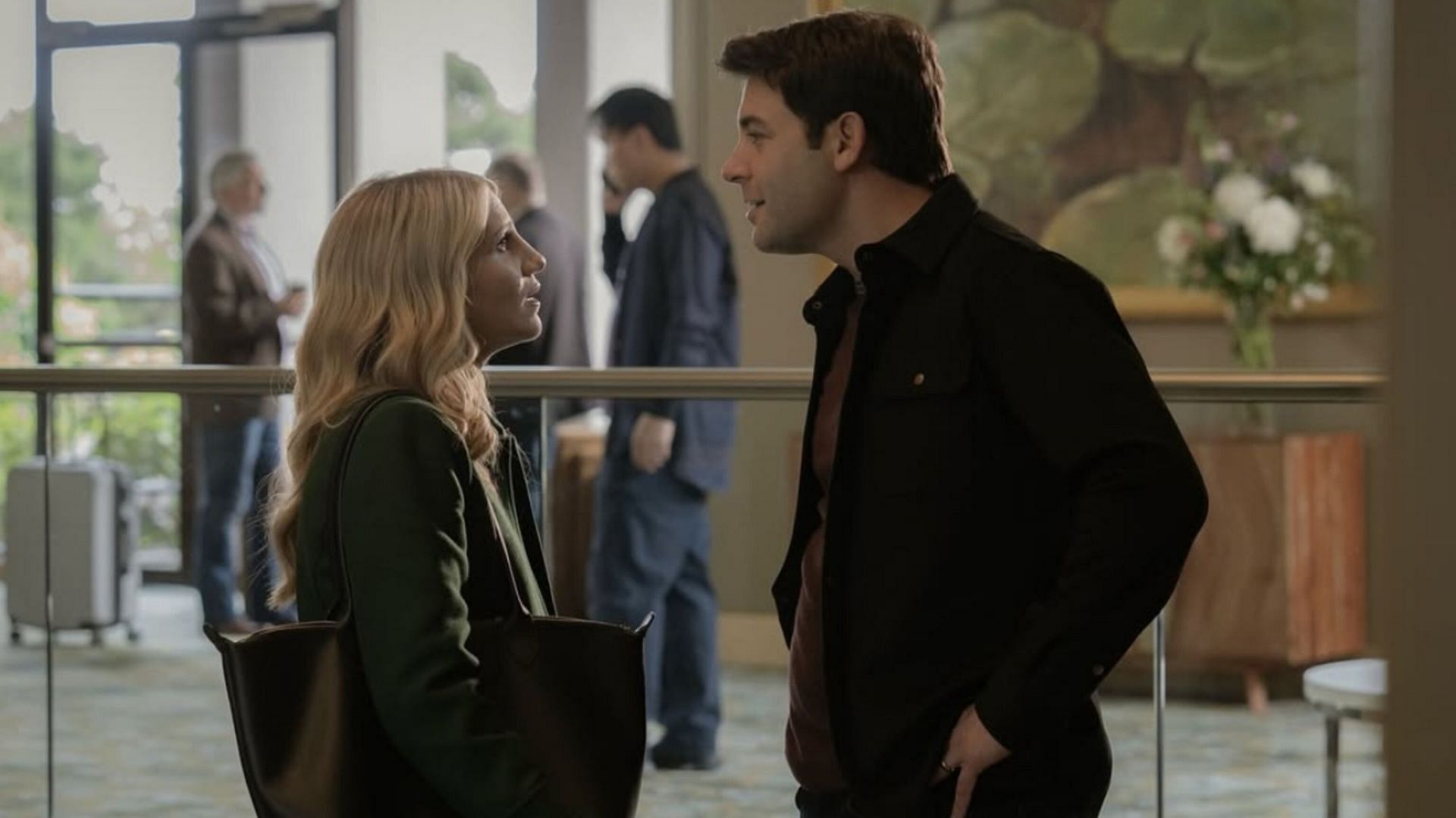Why Happy Face should get a season 2, explained

Happy Face premiered on Paramount+ on March 20, 2025. Despite receiving mixed reviews, the show has the potential to have a season 2 due to its unfinished plot points, real-world source material, and audience connectivity.
Based on Melissa G. Moore's memoir and podcast, the Paramount+ series details her life as the daughter of serial killer Keith Jesperson (played by Dennis Quaid).
Disclaimer: This article reflects the author’s views and not those of the show’s creators or affiliated parties.
While Happy Face season 1 dramatizes several elements such as the Heather Richmond case, it establishes potential future storylines in terms of Keith's manipulation, Melissa's home life, and ethical considerations around true crime narration.
Having received a 6.4/10 rating on IMDb and 57% of critics' approval rating on Rotten Tomatoes, the show has caused controversy but retains its base following, ranking as part of Paramount+'s seven most-viewed series.
Why Happy Face season 2 renewal could rectify season 1's deficiencies and stretch its themes?
Unresolved storylines
Happy Face season 1 concludes with open questions regarding Keith's intentions and Melissa's future. The constructed Heather Richmond case, implicating Elijah Carter without basis, is still partially unresolved despite attempts to exonerate him.
Keith's more general manipulation strategies, including planting evidence and taking advantage of Melissa's trauma, indicate that he may be able to continue with new schemes behind bars.
Also, Melissa's daughter, Hazel, starts questioning her family history, suggesting potential generational trauma that season 2 could delve into. The eight-episode format of the show allows for exploring these threads, especially developing Melissa's podcasting and advocacy.
Real-life source material
Melissa Moore's current advocacy and podcasting offer plenty of source material for future seasons. Her real-life work includes working with victims' families and critiquing true crime sensationalism— themes the show briefly touches on but could do more. Keith Jesperson's real-life crimes, which stretched across states and victims, present more cases for adaptation.
Happy Face season 2 could then focus on confirmed events from Moore's memoir, such as her attempts to come to terms with her father's legacy, while not indulging in the criticized fictionalized subplots that weakened season 1's impact.
Audience interest and critical reception
While criticized for melodrama and pacing, Happy Face has maintained audience interest. IMDb user reviews point to its "gripping" mystery and Dennis Quaid's "uncomfortable" performance as Keith, which may ground a better second season. Resolving criticism, including eliminating forced family subplots and leaning into Moore's real-life experience, could help improve reception.
Paramount+'s investment is also supported by the show's timeliness, with true crime remaining a top genre. A greater emphasis on ethical storytelling instead of procedural devices may be able to differentiate season 2 from others.
Potential narrative directions
Happy Face season 2 may explore Melissa's work with victims' families, reflecting Moore's actual outreach. Keith's prison encounters with other offenders or efforts to control media coverage provide more conflict.
The series may also address the repercussions of season 1's activities, including Elijah's exoneration process or Hazel's emotional turmoil. In my opinion, by focusing on character-driven drama rather than sensationalism, the series might better match its source material's contemplative tone.
Renewing Happy Face for season 2 would give the series the ability to tighten up its approach, focus on factual storytelling, and tie up narrative loose ends. Despite its flaws, the series's use of a distinct true crime point of view and Dennis Quaid's acting presents a feasible way to continue.
For Paramount+, a second season is a chance to find a balance between entertainment and ethical obligation, riding the popularity of the genre without repeating previous mistakes.




